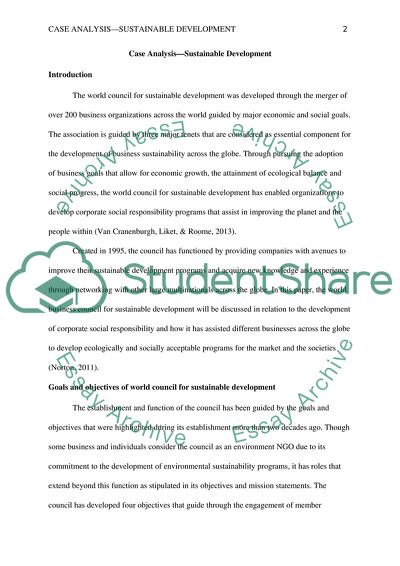Cite this document
(Case AnalysisSustainable Development Study Example | Topics and Well Written Essays - 2000 words - 1, n.d.)
Case AnalysisSustainable Development Study Example | Topics and Well Written Essays - 2000 words - 1. https://studentshare.org/business/1829947-case-analysissustainable-development
Case AnalysisSustainable Development Study Example | Topics and Well Written Essays - 2000 words - 1. https://studentshare.org/business/1829947-case-analysissustainable-development
(Case AnalysisSustainable Development Study Example | Topics and Well Written Essays - 2000 Words - 1)
Case AnalysisSustainable Development Study Example | Topics and Well Written Essays - 2000 Words - 1. https://studentshare.org/business/1829947-case-analysissustainable-development.
Case AnalysisSustainable Development Study Example | Topics and Well Written Essays - 2000 Words - 1. https://studentshare.org/business/1829947-case-analysissustainable-development.
“Case AnalysisSustainable Development Study Example | Topics and Well Written Essays - 2000 Words - 1”. https://studentshare.org/business/1829947-case-analysissustainable-development.


